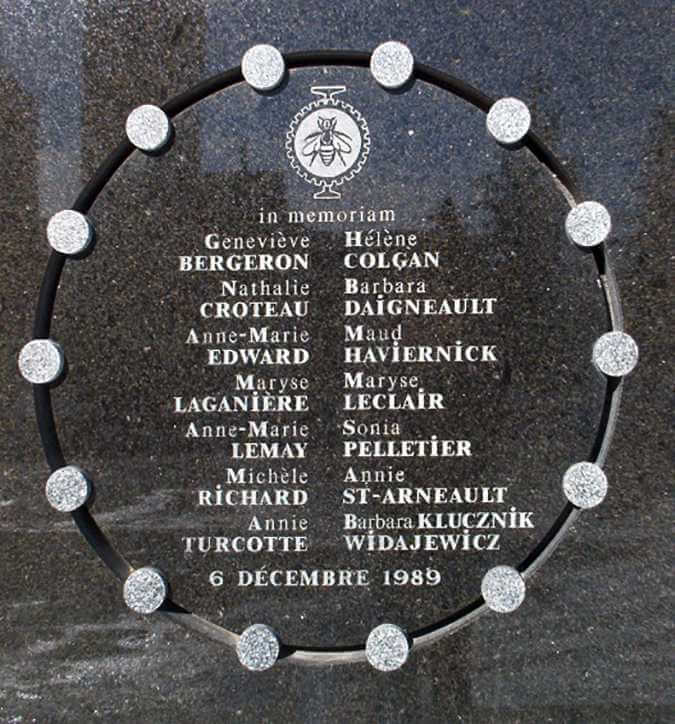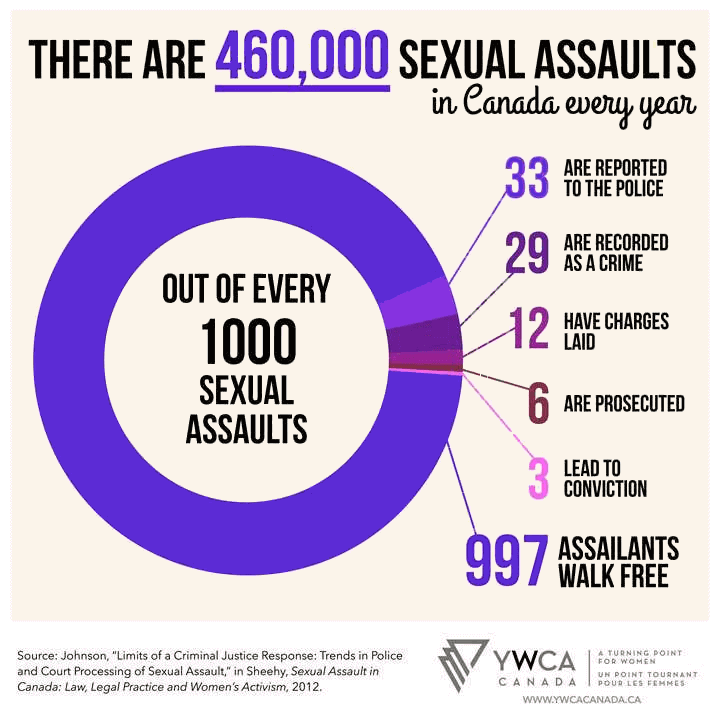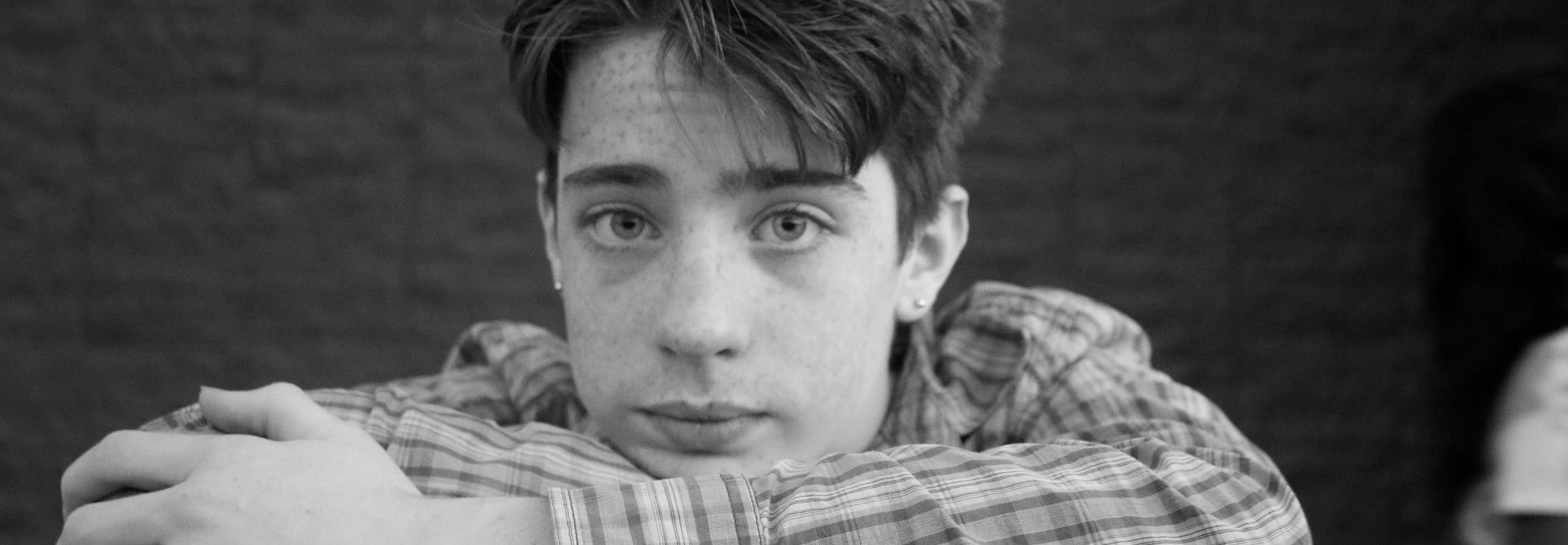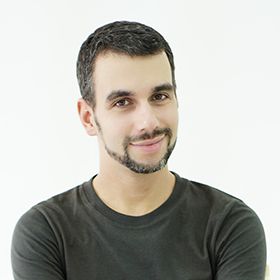
At Mont-Libre, an Agile Learning Centre in Montreal, one of the ways in which we engage teenagers is through workshops focused on current events. The topics of these workshops range from municipal elections to the situation with North Korea. It’s a method that the centre’s founder, Marc-Alexandre Prud’homme, picked up from his four years at Compass, a related initiative in Ottawa.
So, with allegations of sexual harassment and assault all over the news, and the #metoo hashtag all over social media, I thought it might be appropriate to use one of these workshops to address the subject.
I took a couple of hours to put together a little slideshow with prompts to guide the discussion, including photos, infographics, and even poetry. We typically also include video in the workshops, and seeing the need to highlight women’s voices, I opted for the trenchant comedy of Full Frontal with Samantha Bee.
Of course, gendered and sexual violence is a very challenging and sensitive topic, and it’s important to note that the workshops, like virtually every activity at Mont-Libre, are completely optional. Teens are not required to participate, but can do so in any way they like, and can come and go from the workshops as they please.
In fact, teaching consent is an important part of what we do at Mont-Libre; it’s the teens who decide whether or not any given activity will even take place at all. And so, for a couple of weeks, our #metoo discussion didn’t. The teens weren’t interested, or the teens who were interested weren’t there, or they were just busy with something else: making a podcast, learning computer programming, playing Dungeons and Dragons, having Nerf gun battles.
Finally one day our workshop did happen. And that day just happened to be December 6 — the anniversary of the 1989 École Polytechnique massacre that claimed the lives of fourteen young women, making it the worst mass shooting in Canadian history.

I opened the discussion with the boys — as it happened, there were only boys at the centre that day — by showing them a photo of the engineering school’s memorial plaque engraved with the names of the victims. They said they hadn’t seen it before, and didn’t know what it was for, but noticed that all the names are those of women. I then told them about the man who had claimed that feminism was ruining his life, and who had subsequently entered the school with a gun and killed fourteen women as well as himself.
But 1989 was a long time ago, right? That kind of thing doesn’t happen anymore, does it? Yes, it still happens, insisted one of the boys. And it happens a lot.
From there, the conversation moved on to Harvey Weinstein, Kevin Spacey, Donald Trump, the “blackout poetry” of Isobel O’Hare, and the countless intimate and courageous disclosures tagged #metoo on Twitter and Facebook.

We also looked at some of the statistics: According to the YWCA Canada, 460,000 sexual assaults take place in this country each year, but only 3.3 percent are reported to police, and only 0.3 percent lead to conviction. RAINN in the US reports that 7 out of 10 rapes are committed by someone known to the victim — often by a partner or spouse — and, although the overwhelming majority are committed by males, they represent 10 percent of the victims.
The boys were actively engaged throughout the hour-long workshop but struggled with parts of it. For example, they had some difficulty differentiating between sexual assault and consensual sex, and understanding how a woman can commit sexual assault against a man. Also, one couldn’t seem to wrap his head around the fact that men are sometimes attracted to, and engage in intercourse with other men.
And they asked lots of questions: Why would anyone commit sexual assault in the first place? Why don’t more victims report it to the police? Why don’t more perpetrators end up in prison? What about false accusations? Why doesn’t Batman stop rapists?
While we did our best to address these gaps in their understanding and answer these questions together, we’ll definitely need to provide opportunities to follow up on some of them again another time.
Now, I realize that we could have — and maybe should have — invited one of our women facilitators to lead this particular workshop, which would have made space for valuable insight from a crucial perspective. Anyone is welcome to lead a workshop on any topic of their choice, and hopefully this one is only a small part of a much larger conversation about violence against girls and women. It has also been argued that it should not be left solely up to those most affected by this kind of violence to teach the rest of us about it. In fact, I think there’s something incredibly powerful and humbling about boys and men making an effort to educate ourselves and each other about this issue.
Nevertheless, we did give the last word to Samantha Bee. “Listen up, creeps of Hollywood. We know who you are. ... Women talk to each other. And we talk to journalists. And we talk to lawyers! It’s 2017. We don’t have to put up with this shit! We are coming for you.”
Appropriately, the segment closes with a photoshopped image of Bee wielding a sledgehammer and wearing a Batman mask.
If you enjoyed this article and feel called to give back to ASDE, here are ways you can support our work:
- Donate money
- Share our content with others! Click one of the buttons above to easily share on Twitter, Facebook, or email.
- Consider becoming a Contributor for Tipping Points






